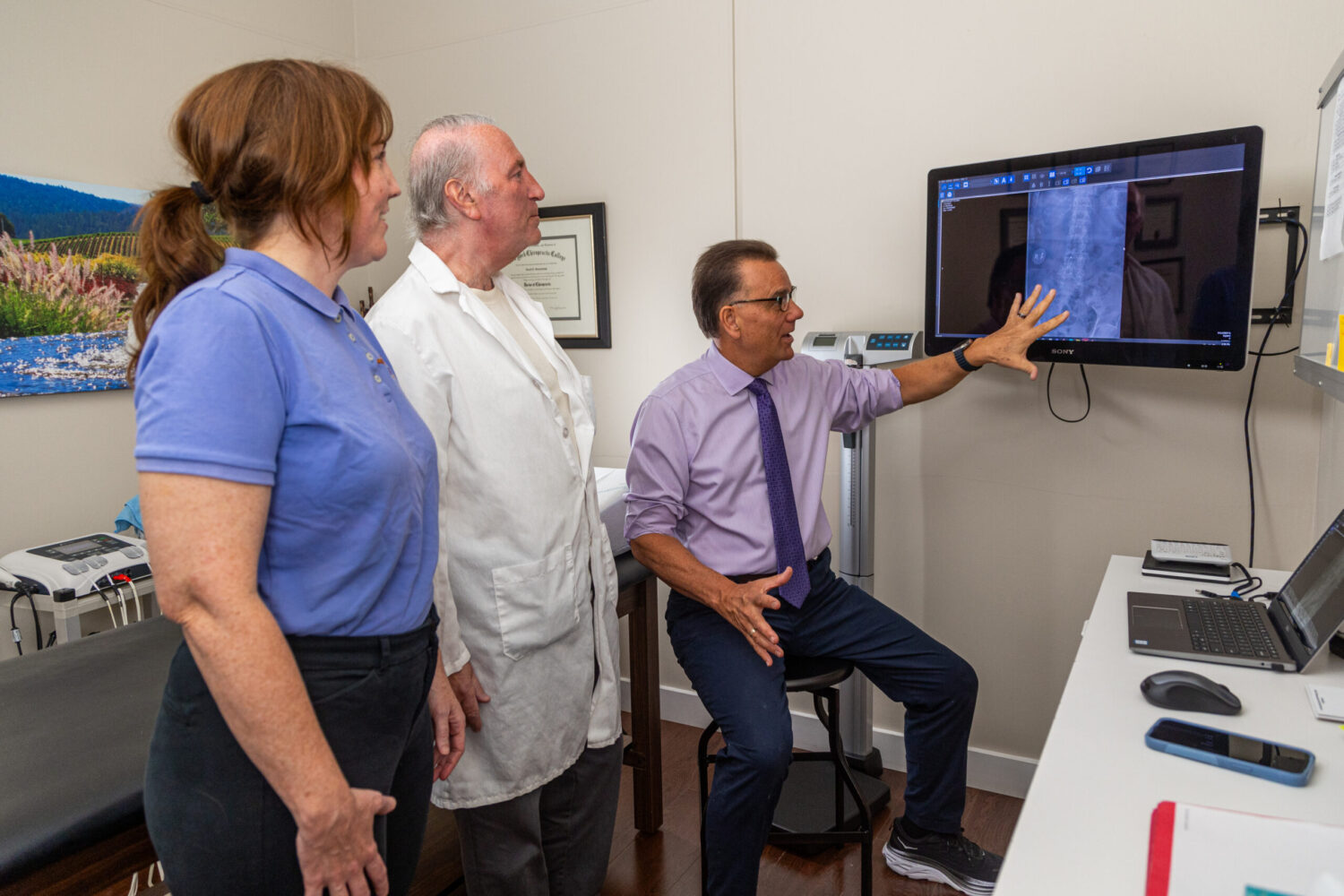According to a new study published in the Journal of Neurology, people with higher levels of trans fat in their blood may be 50% to 75% more likely to develop Alzheimer’s disease or dementia. “This study demonstrates there are negative brain/cognitive outcomes, in addition to the known cardiovascular outcomes, that are related to a diet high content of trans fats,” according to neurologist Dr. Neelum Aggarwal.
Over 1,600 Japanese men and women without dementia were followed over a 10-year period. A blood test for trans fat levels was done at the start of the study and their diets were analyzed. Researchers discovered that people with the two highest levels of trans-fats were 52% and 74% more likely to develop dementia than those with the lowest levels.
Trans fats can occur naturally in small amounts in certain meat and dairy foods, but by far the greatest exposure comes from the man-made version. Also called trans fatty acids, artificial trans fats are created by an industrialized process that adds hydrogen to liquid vegetable oils to make them more solid (think of semi-soft margarine and shortening). The food industry loves trans fats because they are cheap to produce, last a long time and give foods a great taste and texture. Besides fried foods, trans fats are found in coffee creamer, cakes, piecrusts, frozen pizza, cookies, crackers, biscuits and dozens of other processed foods.
In the Japanese study, researchers found sweet pastries were the strongest contributor to higher trans fats levels. Margarine was next, followed by candies, caramels, croissants, non-dairy creamers, ice cream and rice crackers. After extensive research revealed the connection between trans fats and the increase of bad cholesterol (LDL), combined with a reduction of good cholesterol (HDL), the US Food and Drug Administration banned trans fats in 2015. But even if every manufacturer complies by the first of the year, that doesn’t mean trans fats are gone from the grocery shelves. According to the FDA, if one serving of the food contains less than 0.5 grams, companies can label the food as “0 grams” of trans fats.
Even in small doses, artificial trans fats will still be around to contribute to cardiovascular disease, diabetes and other conditions, such as dementia. “In the United States, the small amounts still allowed in foods can really add up if people eat multiple servings of these foods, and trans fats are still allowed in many other countries,” said study author Dr. Toshiharu Ninomiya, a professor at Kyushu University in Fukuoka, Japan, in a statement. “People at risk still need to pay careful attention to nutrition labels,” Isaacson said. “When it comes to nutrition labels, the fewer ingredients, the better! Focus on natural whole food and minimize or avoid those that are highly processed.”
Nutritional questions? If you’re looking for nutritional recommendations, trust the experts at Washington Wellness Center. We have years of experience providing nutritional advice for improved health and well being. Call us at 609-426-1700 to set up a consultation with one of our providers.





